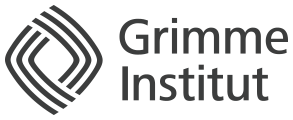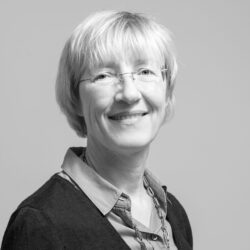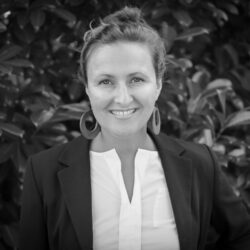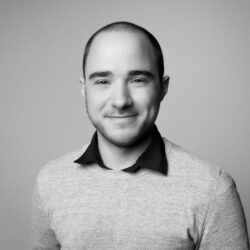Public broadcasting is more controversial than ever. However, in public, discussions about it are mostly conducted by the same experts and actors from politics and civil society. In collaboration with two great partners, we want to complement this discourse in an innovative online participation process in order to find out: What needs to change, what should remain in television?
The cooperative project #meinfernsehen2021 is dedicated to the future of public television. The focus is on the question of whether the mission of public broadcasting in a digitalized society is still up to date and to what extent it corresponds to the audience’s expectations of television.
In a multi-stage online participation process, citizens can discuss various questions on the topic and contribute their own ideas. The results of this participation process will finally be presented at a conference with the involvement of various media representatives and interested citizens. We would also like to prepare the central findings for scientific publications and conferences.
The objectives can be summarized as follows:
- Collecting positions and arguments
- Gaining suggestions for a renovation
- Stimulating reflection and discussion on the topic among participants
- Awareness through participation in the discourse
- Contribute findings into public debate and scientific discussion
- Scientific publications and conferences
The project is scheduled to run for seven months (12/2020 to 06/2021) and is being carried out in cooperation with the Grimme Institute and the Federal Agency for Civic Education (bpb).
Publications:
Eilders, Christiane / Gerlach, Frauke (2021): Gestaltungswille und Wissenslücken. Eine Zwischenbilanz zu #meinfernsehen2021. In: epd medien 14, 2021, 3-7. Read here.
Eilders, Christiane / Gerlach, Frauke (2021): Einbeziehen und erklären. Handlungsempfehlungen auf Grundlage der Beteiligungsplattform #meinfernsehen2021. Grimme-preis Publikation 57, 10-11. Read here.
Soßdorf, Anna / Seim, Jonathan / Warnke, Viviana N. E. (2021): “Zuhören überzeugt mehr als argumentieren.”. Grimme-preis Publikation 57, 6-9. Read here.

![]()
Contact
Prof. Dr. Christiane Eilders
Communication Studies

Prof. Dr. Christiane Eilders has been Professor of Communication and Media Studies at HHU-Düsseldorf since 2011. In October 2023 she became the new director at the Center for Advanced Internet Studies (CAIS) in Bochum. From 2019 until 2023 she served as the speaker of the DIID. She used to be a member of the DFG research group “Political Communication in the Online World”. In research and teaching, she is concerned with public discourse and public opinion formation and examines the role of established mass media and online communication in this process.
In the context of DIID, she is interested in the deliberative quality and trajectories of online discourses in the context of political participation processes.
Research Interests
Projects
Contact
Dr. Anna Soßdorf
Alumni, Communication Studies

Dr. Anna Soßdorf was a research associate at the Institute of Social Sciences at HHU-Düsseldorf and a coordinator at DIID in teaching and research from 2019 to 2022. Since then, she has been an alumni of DIID. In 2015, she completed her PhD on the political participation of young people in communication studies at the University of Düsseldorf. Since 2023, she has been working as a research associate at the FZI Forschungszentrum Informatik Berlin in the Information Management & Analytics department and is part of the House of Participation team. In addition, she has been active as a freelance trainer, consultant and researcher on digital and civic education, citizen science and science communication since 2015.
Her research interests include (digital) participation, youth participation, digital literacy, Citizen Science and science communication. She is active in various Citizen Science networks and co-author of the recently published white paper Citizen Science Strategy 2030 for Germany.
Projects
Private: Jonathan Seim
DIID-Team, Philosophy

Jonathan Seim is a research associate at DIID, responsible for the coordination of the institute. He is also a research associate in the Digital Ethics project at the Center for Advanced Internet Studies (CAIS). His position is financed by project funds from Stiftung Mercator. Previously, he studied political science and philosophy at HHU-Düsseldorf and at the University of the West of Scotland. His research focuses on moral philosophy and political philosophy, especially the theory of democracy. His dissertation in philosophy deals with democratic participation rights in citizen participation processes. Even though a correct distribution of participation rights is of fundamental importance for the legitimacy of the procedures, this question is neither sufficiently addressed in politics nor in science. The aim of the dissertation project is to develop criteria for the allocation of participation rights in consultative citizen participation procedures and practical recommendations for action.
In the context of DIID, his interest is focused on the legitimacy conditions of online participation.


